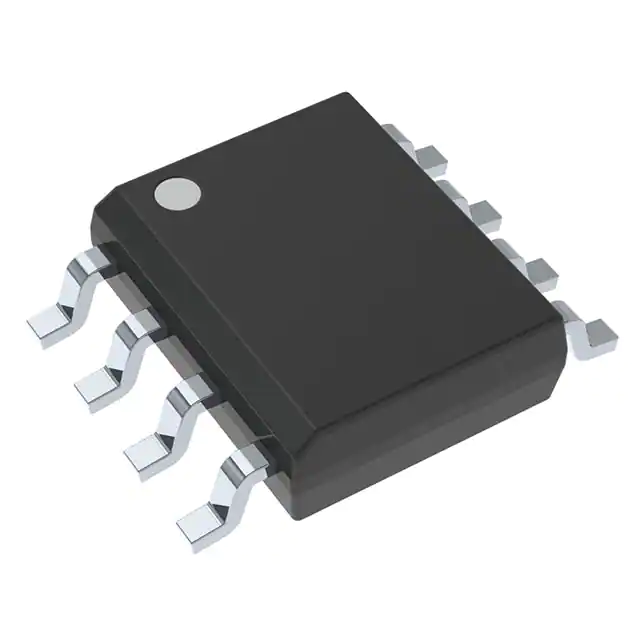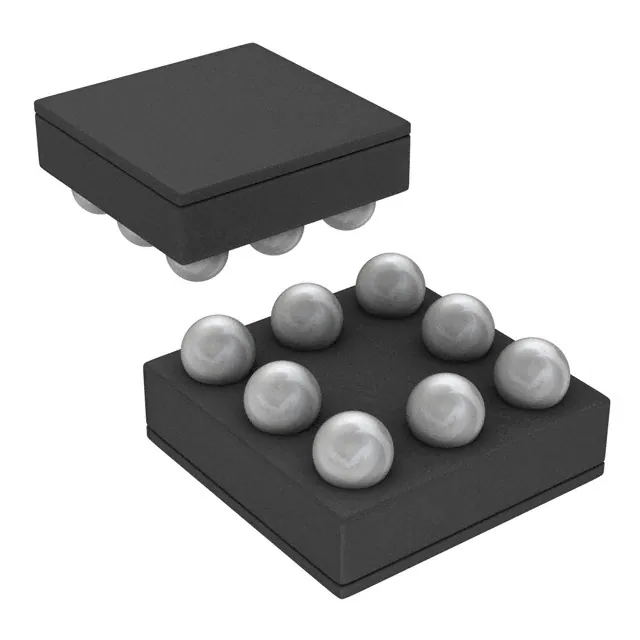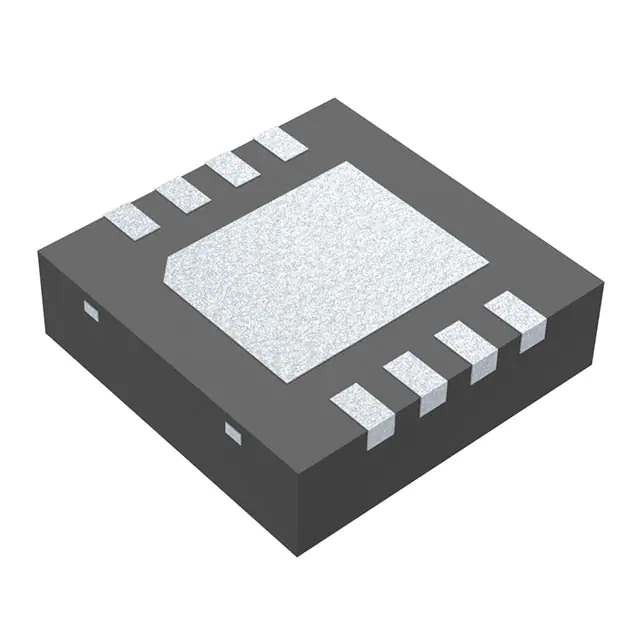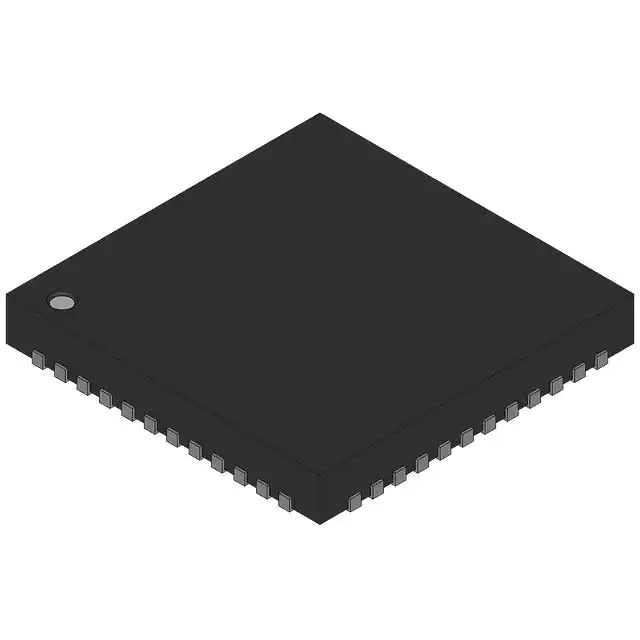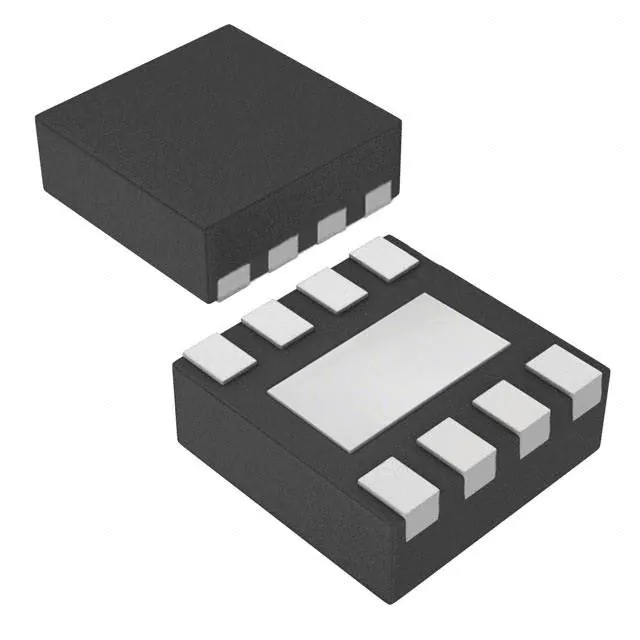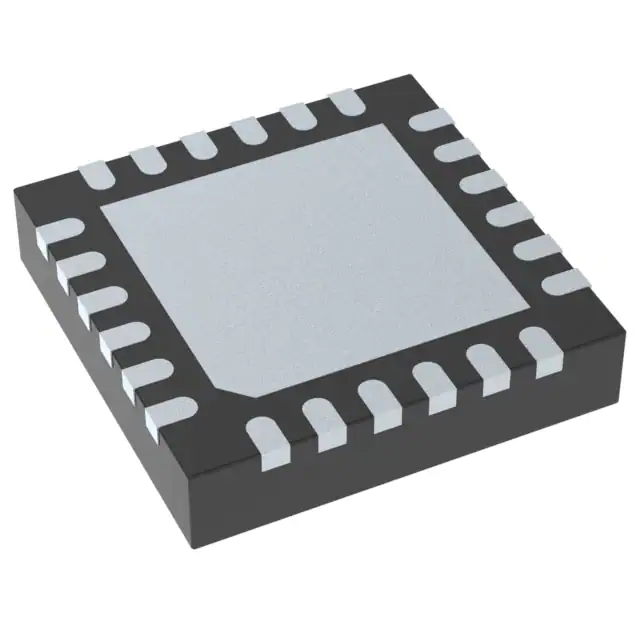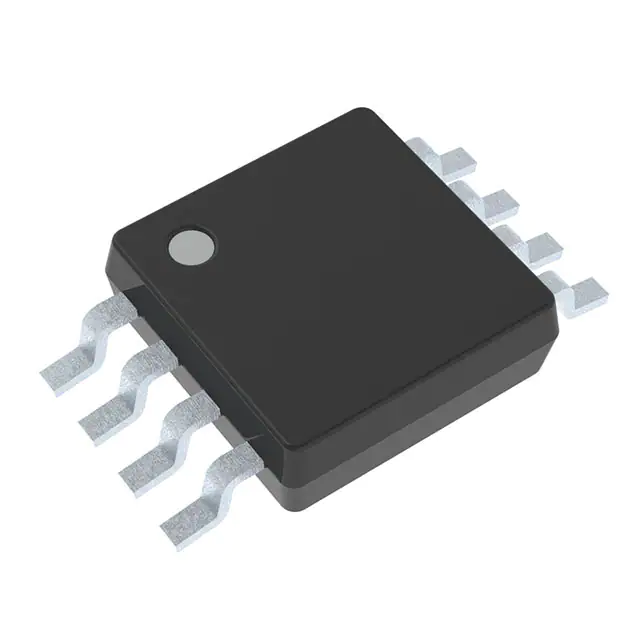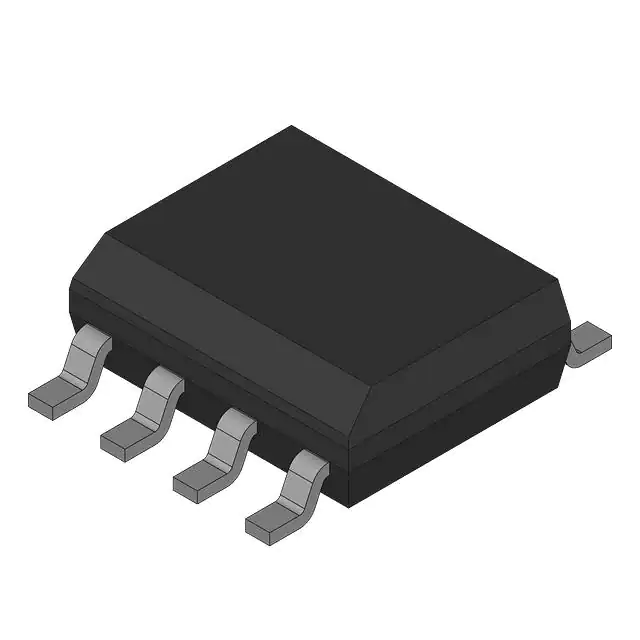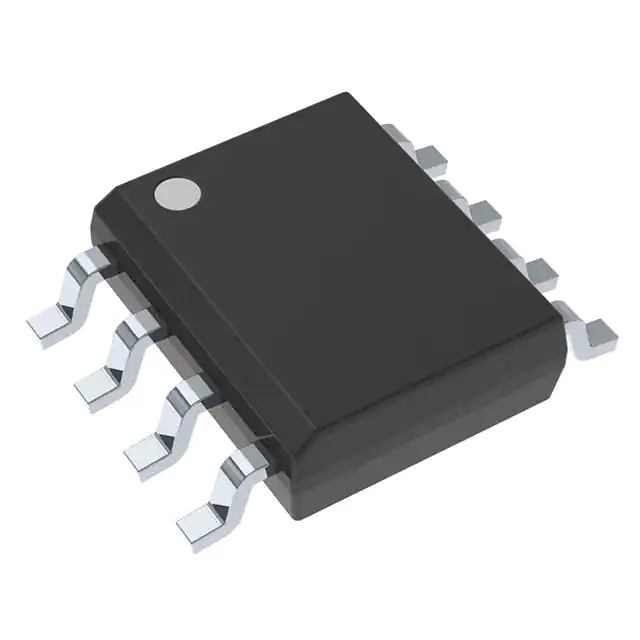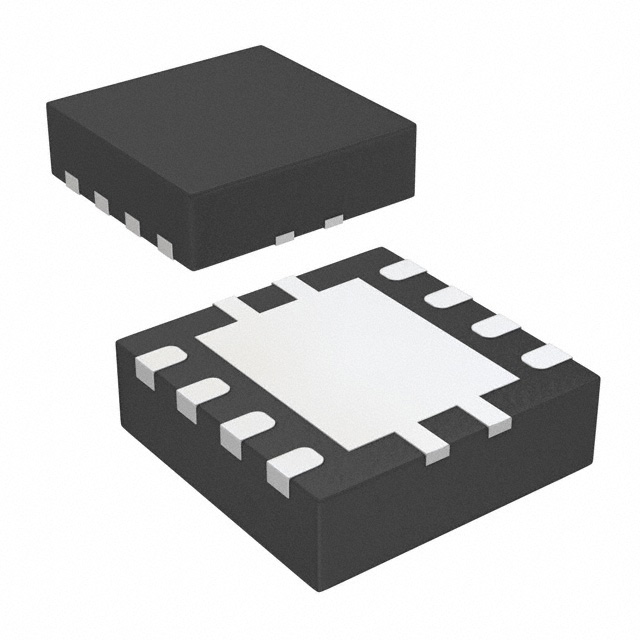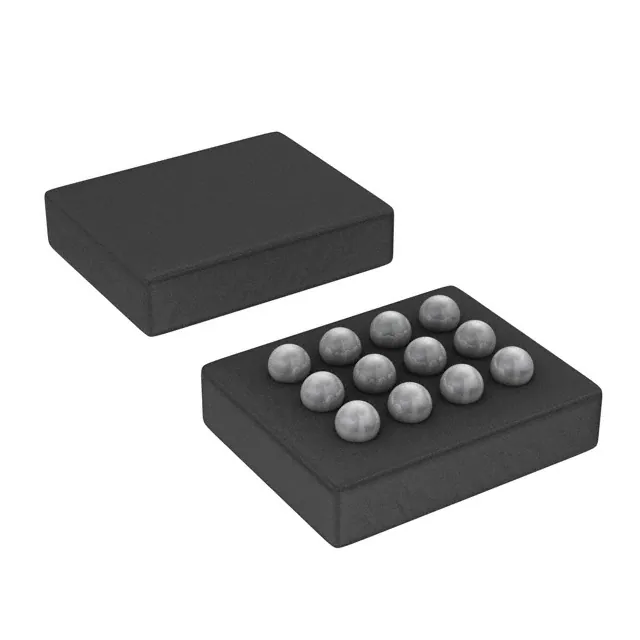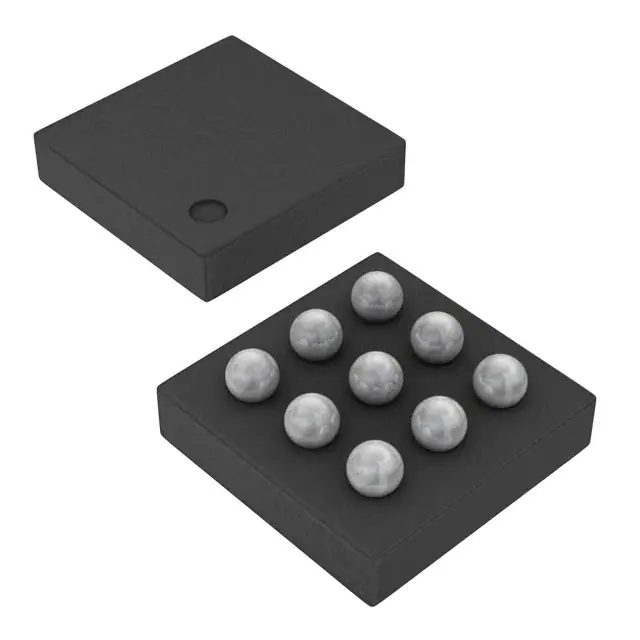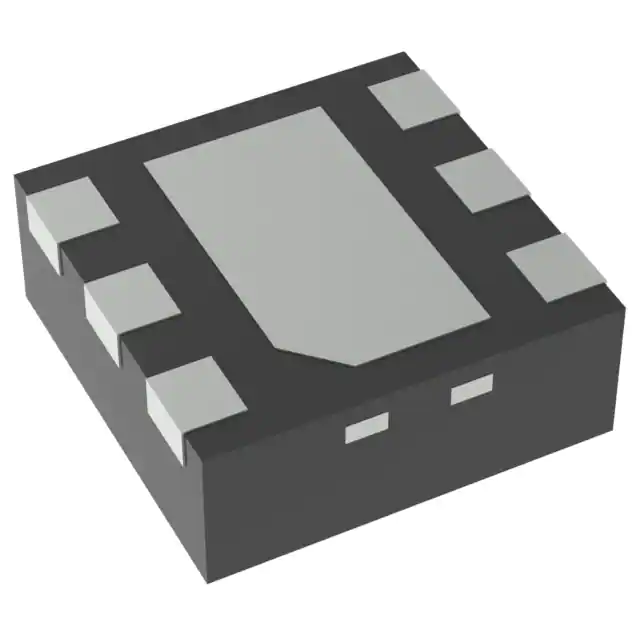The LMH6723/LMH6724MA/NOPB provides a 260 MHz small signal bandwidth at a gain of +2 V/V and a 600 V/μs slew rate while consuming only 1 mA from ±5V supplies.
The LMH6723/LMH6724MA/NOPB supports video applications with its 0.03% and 0.11° differential gain and phase for NTSC and PAL video signals, while also offering a flat gain response of 0.1 dB to 100 MHz. Additionally, the LMH6723/LMH6724MA/NOPB can deliver 110 mA of linear output current. This level of performance, as well as a wide supply range of 4.5 to 12V, makes the LMH6723/LMH6724MA/NOPB an ideal op amp for a variety of portable applications. With small packages (SOIC and SOT-23), low power requirement, and high performance, the LMH6723/LMH6724MA/NOPB serves a wide variety of portable applications.
The LMH6723/LMH6724MA/NOPB is manufactured in Texas Instruments’ VIP10 complimentary bipolar process.
Feature
- Large Signal Bandwidth and Slew Rate 100% Tested
- 370 MHz Bandwidth (AV = 1, VOUT = 0.5 VPP) ?3 dB BW
- 260 MHz (AV = +2 V/V, VOUT = 0.5 VPP) ?3 dB BW
- 1 mA Supply Current
- 110 mA Linear Output Current
- 0.03%, 0.11° Differential Gain, Phase
- 0.1 dB Gain Flatness to 100 MHz
- Fast Slew Rate: 600 V/μs
- Unity Gain Stable
- Single Supply Range of 4.5 to 12V
- Improved Replacement for CLC450, CLC452, (LMH6723)
The LMH6723/LMH6724 provides a 260 MHz small signal bandwidth at a gain of +2 V/V and a 600 V/μs slew rate while consuming only 1 mA from ±5V supplies.
The LMH6723/LMH6724 supports video applications with its 0.03% and 0.11° differential gain and phase for NTSC and PAL video signals, while also offering a flat gain response of 0.1 dB to 100 MHz. Additionally, the LMH6723/LMH6724 can deliver 110 mA of linear output current. This level of performance, as well as a wide supply range of 4.5 to 12V, makes the LMH6723/LMH6724 an ideal op amp for a variety of portable applications. With small packages (SOIC and SOT-23), low power requirement, and high performance, the LMH6723/LMH6724 serves a wide variety of portable applications.
The LMH6723/LMH6724 is manufactured in Texas Instruments’ VIP10 complimentary bipolar process.

